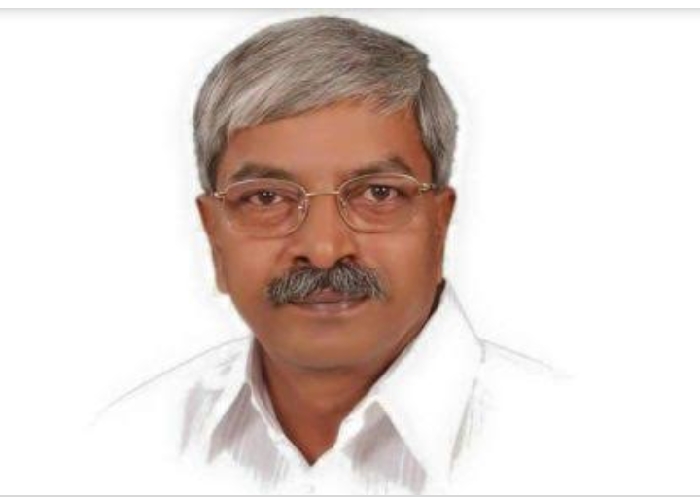Mangalore, August 25: Seven people, including four associates of underworld don Bannanje Raja were arrested by the city police in connection with Kadri and Udupi shootouts.
Mangalore City Police Commissioner Seemanth Kumar Singh gave the names of the accused as Devudas Shetty (44) of Kottara Chowki, Neeraj Shrivastav (25) alias Manish Kumar alias Rahul of Gorakhpur of Uttar Pradesh, Ali Hussain (22) of Gorakhpur and Vinod Kulal (29) of Jalligudde.
Acting on a credible information a Police team led by Inspector Vinay Gaunkar raided a secret dwelling in Kottara Chouki here on Thursday at 11: 00 am and arrested the above four persons. A pistol, one revolver, six cartridges, a car and mobile phones worth Rs 4.5 lakhs have been confiscated from the accused. They are said to be involved in both the shootouts.
Three others of the gang namely Amith Chaurasia (27) of Chapra, Bihar, Rehaj Khan (41) and an associate of Bannanje Raja, Puttaswamy (44) of Mysore were also arrested in a separate operation.
They had reportedly arrived in Mangalore to sell a pistol. One pistol with five rounds and an Indica car were seized from their possession.
The accused are facing attempts to murder charges. On the eve of May 26, 2011 two of the associates of the Bannanje Raja had allegedly attempted to murder Suresh Bhandari, proprietor of Prithvi developers near Kadri here. On August 19, armed men had attacked Irodi Jewellers in Udupi, firing three rounds at the cashier and security guard.
Mr Singh revealed that Uttar Pradesh Special Task force, State Intelligence and Mangalore police were jointly involved in the operation.
He also said that the confiscated weapons were country made and originated from Sivan in Bihar.
Police were pursuing Javed alias Vijay who is said to be involved in the extortion racket. Police also has information about the motorbikes used in the two attempts and the locals involved in the racket.
'No Drug Mafia'
Responding to a question Mr Singh denied the presence of any 'drug mafia' in Mangalore.
However he said that the police have arrested some peddlers and gathered information about a few students involving in illegal activities. “We are making a college-wise list and will approach the racket in a different way,” he said.
Double murder case
Speaking about the double murder case of Panjimogeru, he said the case was very sensitive and police were making considerable progress in the case.












Comments
Add new comment